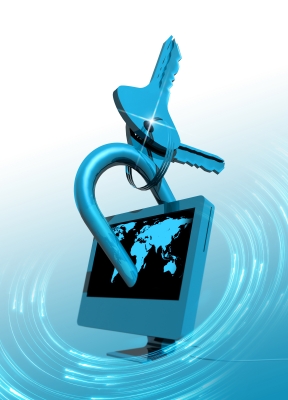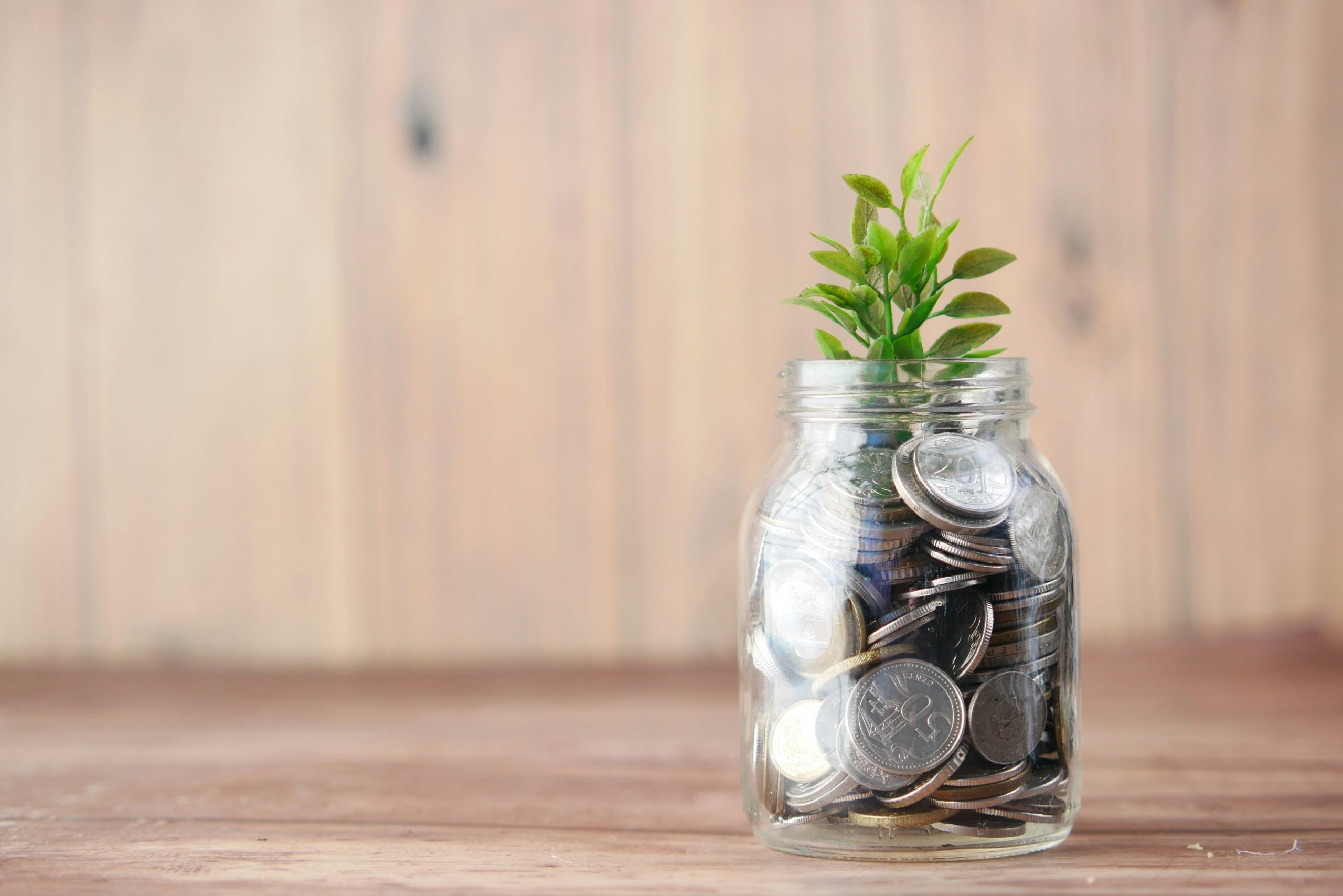Now I know many of you will be switching off about now because of the headline,
and yes I know it’s a boring subject but bear with me because believe me when you do get a problem, it’s a total and utter pain so follow some of these simple steps.
Most Internet marketers don’t do nearly enough to protect their sites from hackers. Hackers want to get into your site because you’ve got a juicy list, financial information, personal information and other stuff that they can use. Internet marketers are ideal targets for them. If you don’t take enough measures to protect your site from hackers, it’ll get hijacked.
Staying up to Date
Always keep your system up to date. This is an ongoing job and it never ends. Invest in good anti-virus software and don’t ignore the box that pops up offering you updates. If you don’t update, your security system will have weaknesses that are easy for hackers to exploit.
Choose Your Browser
For your Internet browser, it’s better to use Firefox or Google Chrome than Internet Explorer. The reason is that Internet Explorer has a number of bugs and glitches that are easy for hackers to manipulate. It also doesn’t offer nearly as many updates as Firefox, Chrome and other browsers do.
Your Firewall
Always keep your firewall up. This is your system’s first defence against attacks. It filters information and protects everything inside. When you have it ‘up,’ this means that it controls what comes into your system from the network and what goes out.
Be Careful What You Download
Don’t download things you don’t need to from anyone you don’t know or trust. If you need to download something from a website, go to the official site and not a commercial site with lots of banners and other stuff. Also, be careful what software you install. Don’t install software from unknown sources.
Password Protection
Choosing strong passwords is something very few people do. Don’t use your kid’s birthday or your dog’s name. Use a password that’s a long, random series of numbers and letters. There are password generators online to help you come up with good ones. Save it somewhere and copy and paste it when you log in.
Never use the same password twice. Every password should be totally originally. You’re really asking for an attack if you use the same one everywhere. For extra protection, store your password in an encrypted file and change it often.
No Wi-Fi
Don’t send anything sensitive over an unencrypted link. A good example of an unencrypted link would be a Wi-Fi connection. Choose secure sending methods such as VPN, or virtual private network. This is a secure network that you can use from any machine without worrying about the data getting hacked.
Keep Your Ears Open
Finally, stay abreast of the latest news in online security and hacker attacks. Hackers are constantly learning new methods and taking advantage of new trends like social media. Users’ Facebook profiles are now getting hacked. You’ve got to stay totally up to date.
Tony
Leave a comment & let us know what you need help & advice on
-We’ll try & help!




